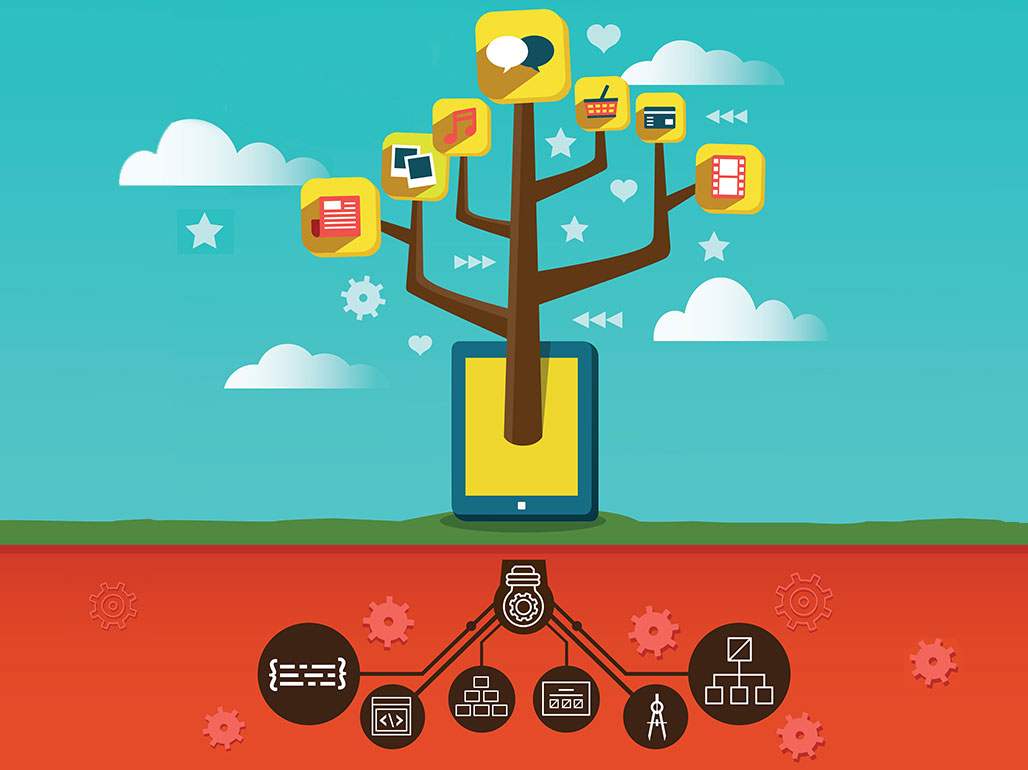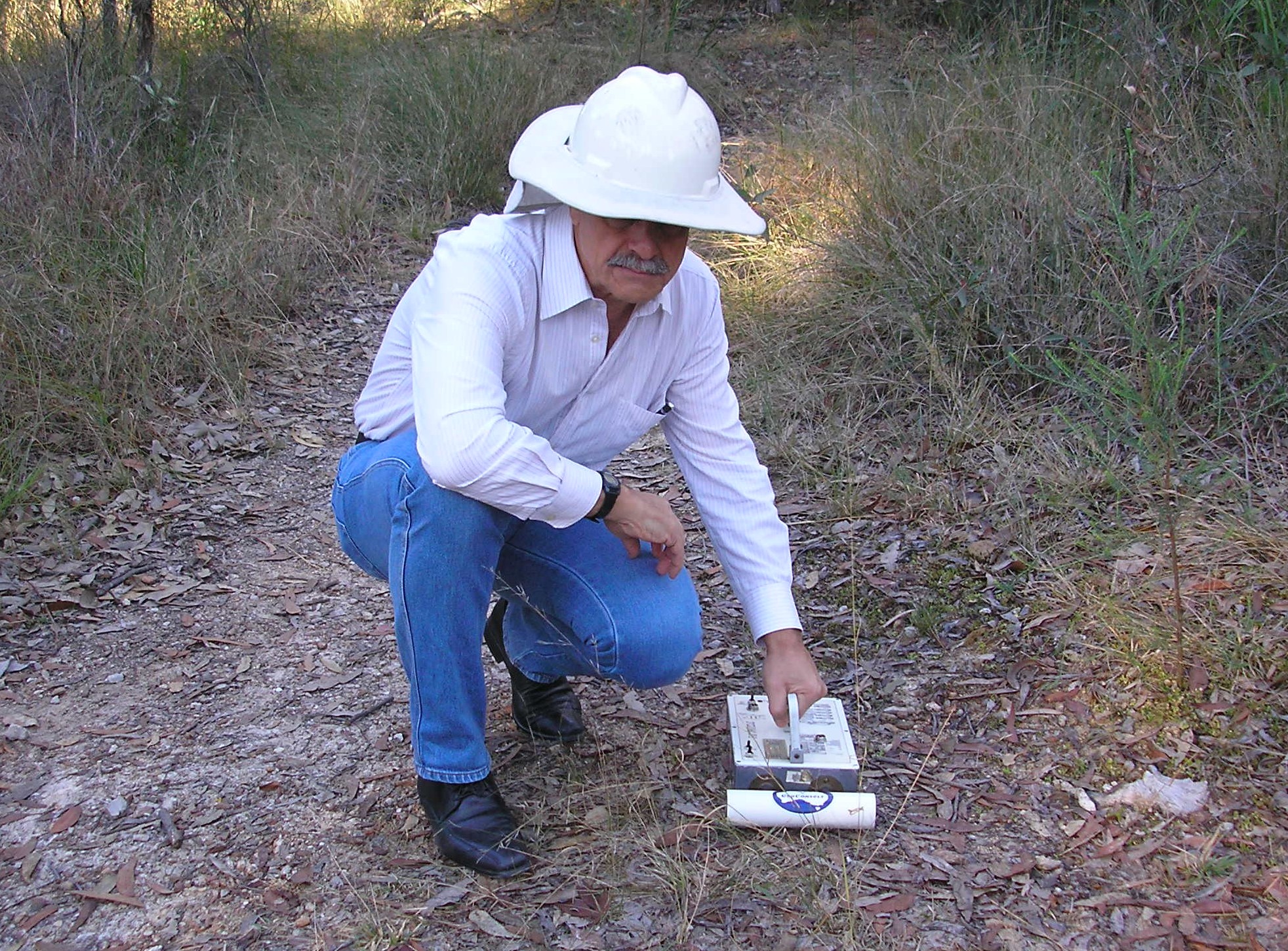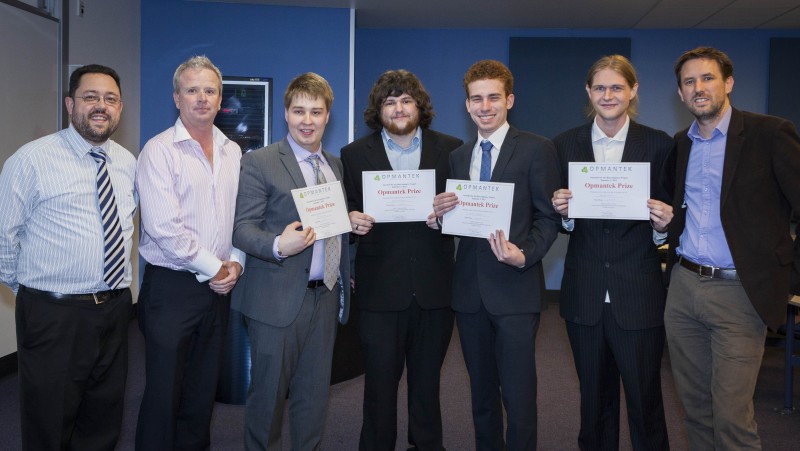Apps are happening. An industry that only came into being seven years ago with the launch of the first iPhone has quickly become a global technological phenomenon.
How phenomenal? As of late last year, Apple reported paying app developers more than $13 billion thanks to more than 60 billion cumulative downloads. Meanwhile, Google’s Play store for Android devices has more than 900,000 apps available for download.
For Griffith University apps are also big news and nowhere is this more evident than the establishment of the App Factory.
Established in 2012 by the School of Information and Communication Technology (ICT) on the Gold Coast, the App Factory is enjoying increasing commercial recognition and demand. Its products are already being used in areas such as local government and healthcare and the potential to enter other markets is being recognised.
The App Factory is led by the School of ICT’s Dr Jolon Faichney, who says inquiries from within Griffith University and externally – including government, community organisations and the private sector – are leading to projects that provide students with both a different facet to learning and invaluable industry experience as they are challenged to ensure work of the finest quality and design.

“It’s been a real learning curve to reach this stage where more and more people know who we are and what we can do,” says Dr Faichney.
“The Gold Coast is a great region with regard to support of Open Data at all levels of government and the App Factory has come along at the right time.
“The tools for app design and development are only becoming more advanced and, as long as we continue to draw high quality students and deliver high quality products, we are excited about where the App Factory is heading.”
The products of the App Factory are going from strength to strength.
Earlier this year, the App Factory launched the Gold Coast Heritage app to identify historic sites of interest across the region.
Another product, Access GC, reveals the location of disability services on the Gold Coast and was developed in consultation with Regional Development Australia Gold Coast and the City of Gold Coast.
The latest product is CliniHelp, an app helping sufferers of Chronic Fatigue Syndrome that was developed by the App Factory and launched through the National Centre for Neuro-immunology and Emerging Diseases within the Griffith Health Institute.
With CFS affecting around 460,000 Australians, CliniHelp helps users track their symptoms on a weekly basis, monitor changes in condition and share information with doctors.
Across the ICT School there is recognition of the excellent work in app development. In June, the 2014 Queensland State iAwards were held in Brisbane and a team representing the School of ICT Industry Project Group won the Tertiary Undergraduate Student category for its Kidz@GCU Hospital app. They went on to receive a merit at the National iAwards in Melbourne in August.
Designed to help children being admitted to hospital to better understand and be more at ease with what is happening around them, the app was developed in 2013 by students Darcelle Hinze, Belinda Rex, Chelsea McGuinness and Ashley Burns as part of their third-year project.

It’s the second year in a row a Griffith team has won the Tertiary Undergraduate category, following the 2013 success of a Smartphone Driven Automated Vehicle designed by ICT students.
Project management coordinator at the App Factory, Mr Dylan Prior, came on board in 2013 and says the medical and science sectors are among the most active consulting the App Factory.
“The medical side of app development is very promising because apps can make life so much easier for patients and they offer good information for doctors,” says Mr Prior.
“But it’s the sciences sector that has endless possibilities for app specification and usage and that’s very exciting for the students.
“Another important consideration is how the scope of projects undertaken by the App Factory is an asset to students in their transition from university to the workplace. They leave us with genuine project experience and recognised expertise.
Head of the School of ICT, Professor Michael Blumenstein, says the App Factory represents the kind of proactive thinking necessary at a time when ICT has never been more important.
“The App Factory enables students and Griffith staff to engage with industry and government to develop innovative mobile applications to solve real problems in such areas as business, healthcare and the greater community,” he says.
“It’s exciting that our students can gain experience working on apps for real clients while they study. This is the type of entrepreneurial thinking the School of ICT is promoting to prepare students for exciting careers in the IT industry locally and globally.”
Ideas for new applications often have their genesis at Start-Up Monday, a weekly discussion among App Factory students.
“Our students have great ideas and great inclinations and we have the resources to carry these though to the next level,” says Dr Faichney.
“Our aim is to take an idea and turn it into something more than an idea, to hopefully develop it to a point where it might be pitched to industry.”
Know More. Dr Jolon Faichney, School of ICT
Keep up to date and subscribe to Impact @ Griffith Sciences






